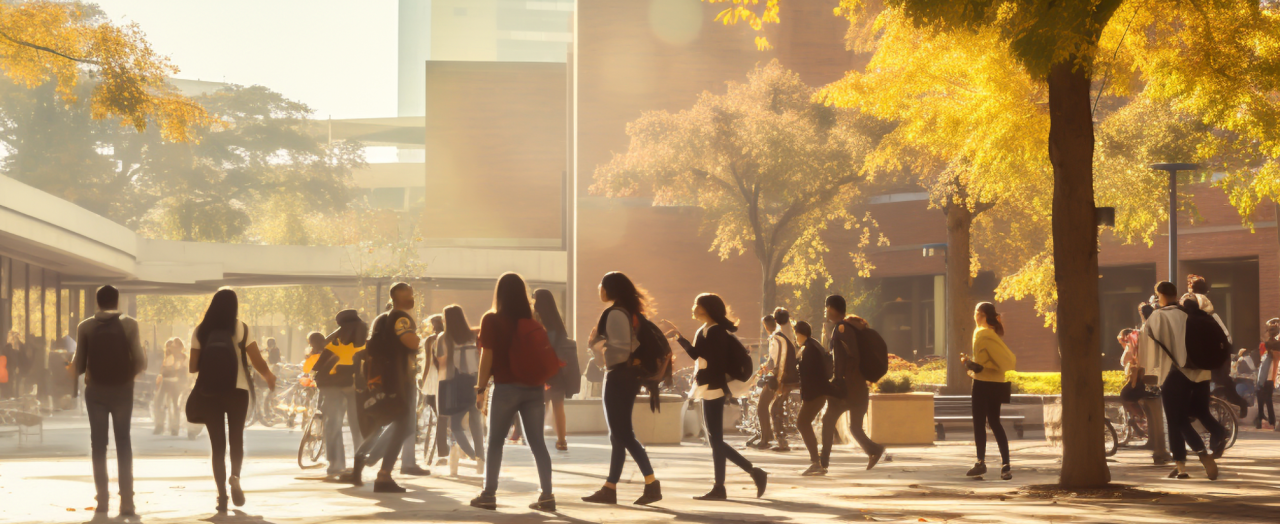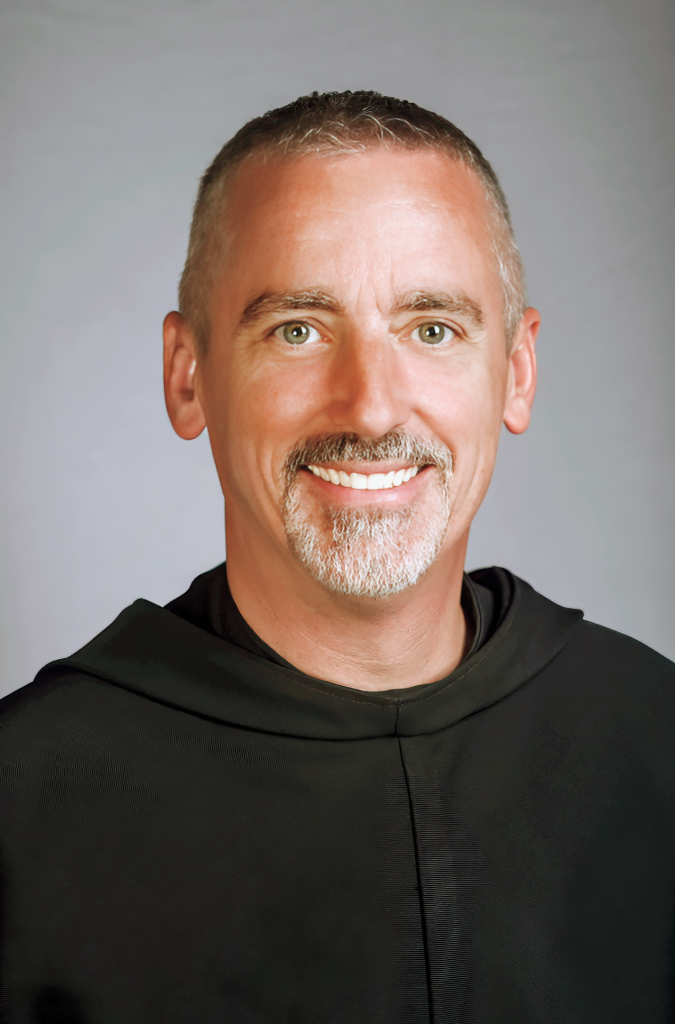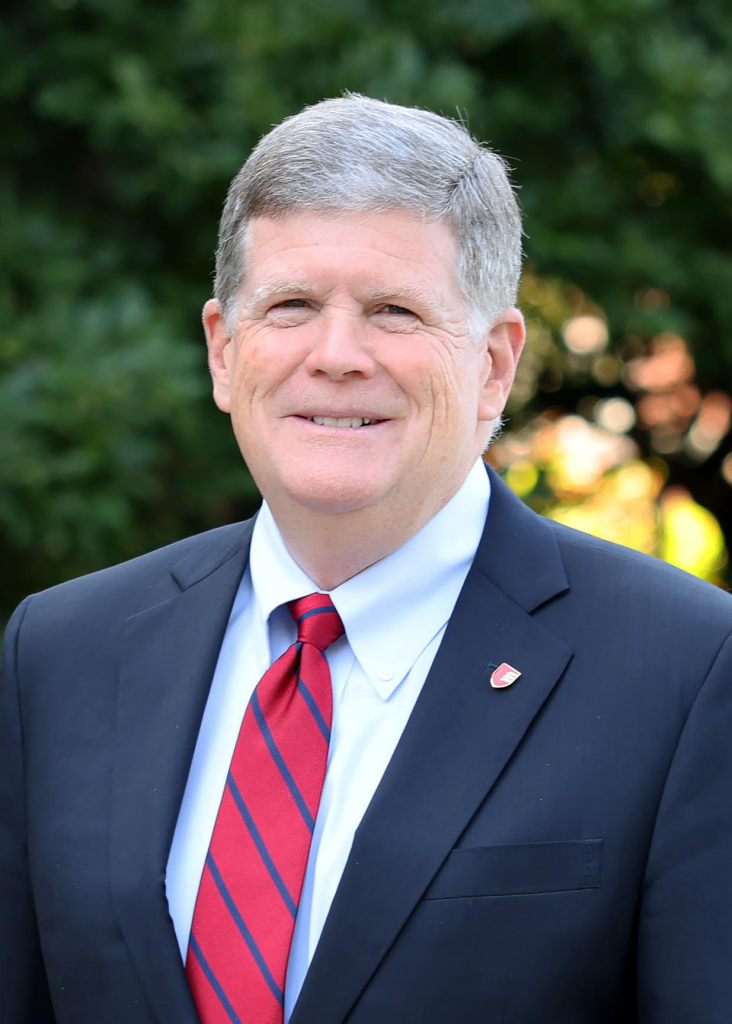College Town Pittsburgh Part 6

Editor’s note: We thank the top leaders of this region’s universities for penning a response to the following question: Given continuing enrollment declines and our civic need to attract and keep young people, is it desirable to significantly build on fledgling programs to get students off campus and engage them in this region’s amenities, thus building our College Town dynamic as well as a stronger long-term connection with our area? If so, in what ways could you envision contributing to such a project?
Previously in this series: College Town Pittsburgh Pt. 5

Very Rev. Malachi Van Tassell, Saint Francis University
Educating students and preparing them for a career opportunity is at the heart of the mission of Saint Francis University. Our graduates are people who bring strong moral character and ethical values into their profession. In short, our graduates are sent forth to bring light into darkness.
It is important for students to interact with the world around them. Saint Francis University has intentionally expanded into the surrounding community in recent years. At the Curry Innovation Center in Altoona, our engineering and business students engage in real-world projects with and for the Curry family of companies. At the Saint Francis Aviation Education Center at Johnstown Airport, students learn to fly. This August we launched our Aviation Maintenance Technician program.
For years, universities have focused on the “arms race” of student amenities and facilities. Now, the focus is on interactive and integrative experiences within the community. We want our students to have practical experiences to make them more marketable to employers. The university wants to partner with businesses, to be their research arm and idea incubator.
Such a partnership is a win-win for all involved. Students are attracted to the university by exciting partnerships offering real-world opportunities. Businesses partner with a strong university. Graduates are more likely to remain in the area after graduation. Saint Francis University actively promotes the attraction and retention of talent for our region.
A student’s transformational experience begins on campus, moves into the community, and goes wherever the educational experience may lead.
Paul McNulty, Grove City College
While we are not seeing an enrollment decline at Grove City College — our applications are increasing year-over-year — we are preparing for challenges ahead by consistently and constantly evaluating and updating our academic programs and improving services to address the needs of students and society.
Historically, Grove City College has been a magnet for talented young people, many of whom stay in the region and put down roots after graduation, contributing to communities all over Western Pennsylvania. While they are living on campus, we encourage students to have a positive impact on the area, find local church homes, volunteer with charities and service groups, and strengthen town-gown relationships.
Several of our majors include engagement with the larger community — social work, education, and nursing are just a few — and interdisciplinary service learning projects also provide additional opportunities for students to serve the common good locally. One notable example of that is the Center for Rural Ministry at Grove City College, which studies and supports clergy who serve under-resourced parishes in regional agricultural, Appalachian, and rust belt communities.
Students and faculty are key elements of the effort, from leadership to “boots on the ground” for service-learning projects and pastoral support, including mission trips to churches, where students do everything from painting to gardening to leading Sunday school lessons and providing help with website development and social media campaigns.
The Center harnesses the unique resources and convening power of a Christian liberal arts college to help pastors meet their unique and shared challenges and provides students the opportunity to serve joyfully.


Dr. Jamie Caridi, Bethany College
Colleges have a responsibility to offer students high quality, in-demand programs that meet the needs of the community. And colleges must develop the whole person, including their physical, spiritual, emotional, and psychosocial well-being. It is impractical to think they can do this in a vacuum, and college, community, and business leaders must work together to expand the classroom beyond the institution’s borders.
We know students who are engaged in multiple activities beyond their major are more likely to graduate. Furthermore, we know that 70% of students who participate in paid internships receive full-time job offers and stay within the community. We also know that colleges make a positive economic impact on their communities. Bethany alone has an estimated economic impact of $41.3 million on our regional community. So, there is a reciprocity and quantifiable value colleges bring to their communities and, in like manner, these communities bring to our students.
College, community, and business leaders must mutually invest in academic programs that integrate paid internships leading to full-time careers. Moreover, college and community leaders need to partner in economic development, coinvesting in creating distinctive residential communities with the recreational opportunities and amenities that students demand.
Bethany College’s Strategic Plan, “Build for a Lifetime,” identifies partnerships as essential to meeting the needs of our students. We have a “blue ocean” mindset when meeting with our partners to accommodate visionary thinking and we are grateful to have executed numerous agreements for the benefit of our students. And we’re just getting started!






